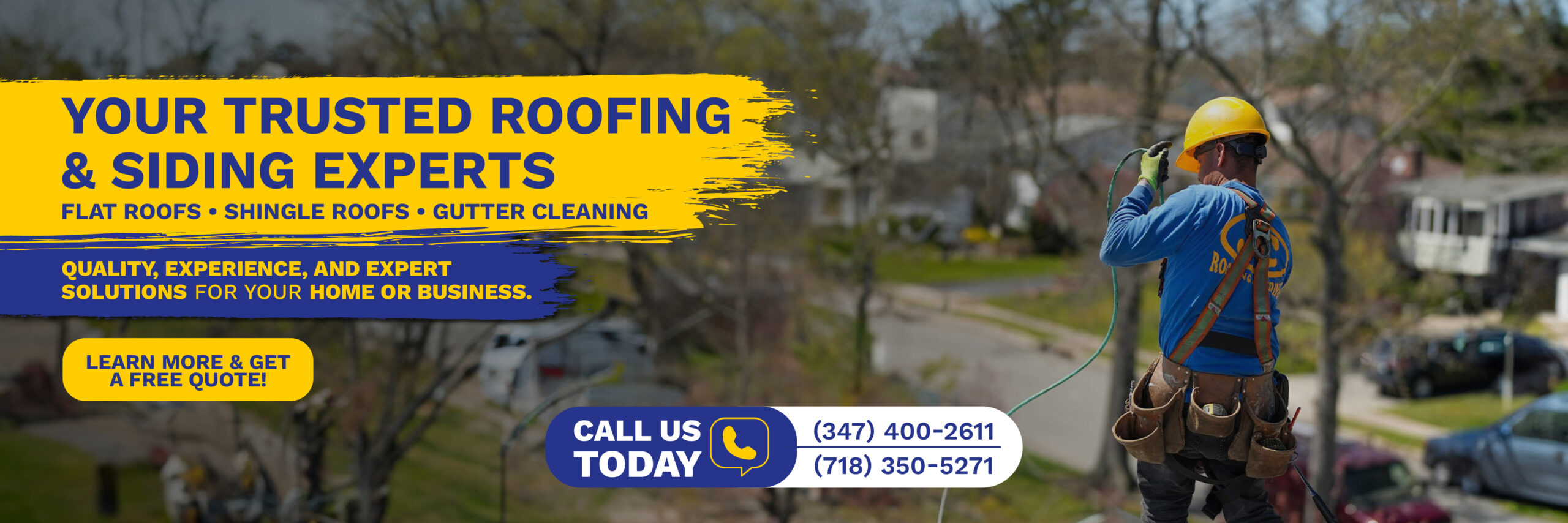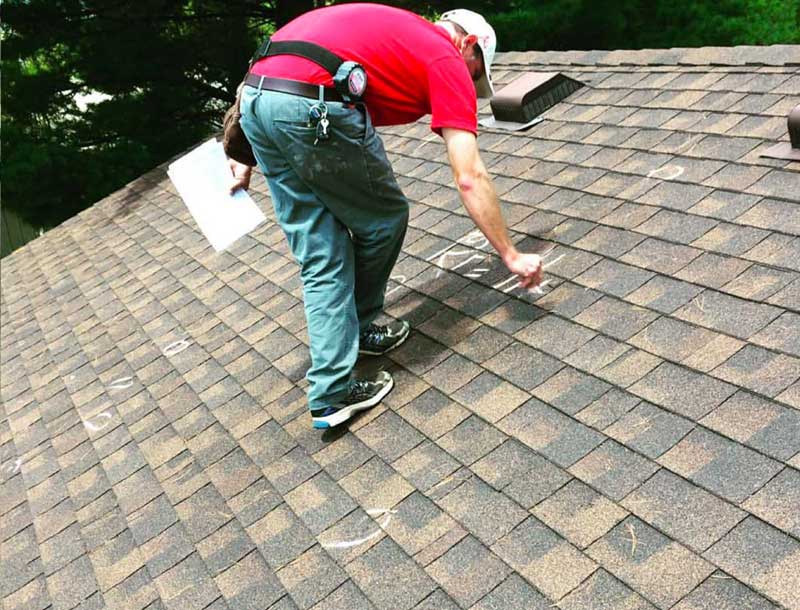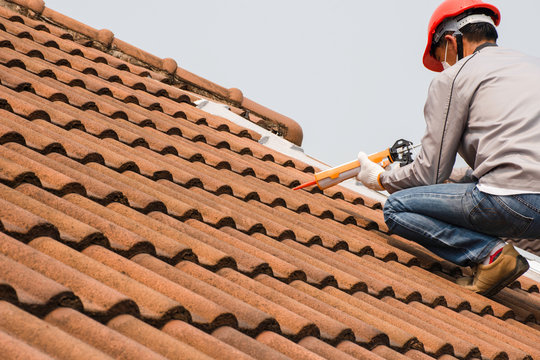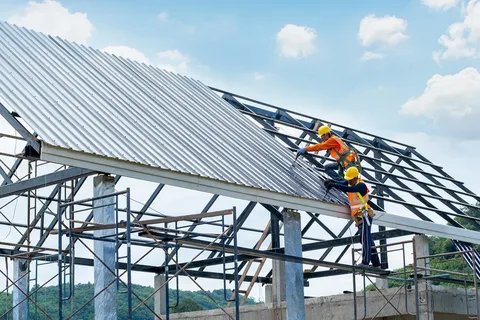A roof is a vital part of your home, offering protection from the elements and ensuring comfort for your family. However, understanding the terms and coverage of a roof warranty can save you from unexpected costs and headaches in the future.
This guide walks you through the essentials of roof warranties and what you need to consider before installation.
What Is a Roof Warranty?
A roof warranty is a written agreement that protects homeowners from certain defects or issues that might arise after the roof installation. These warranties are typically offered by manufacturers or contractors and can vary widely in terms of coverage and duration.
When researching a warranty for roofs, it is important to know what types of issues are covered and what might not be included. This ensures you can make an informed decision about your roofing investment.
Types of Roof Warranties
Understanding the different types of roofing warranties can help you choose the best one for your needs. The primary categories include:
- Manufacturer’s Warranty
This warranty covers defects in roofing materials, such as shingle damage. A typical roof warranty length for manufacturers can range from 20 to 50 years, with some even offering warranties for lifetime coverage.
Shingle Warranty: Protects against defects in the shingles, such as premature cracking or granule loss. Premium products, like 50-year warranty roof shingles, often come with extended guarantees.
- Workmanship Warranty
A roof workmanship warranty covers errors made during installation. This type of warranty is usually offered by the contractor and is essential for ensuring quality work.
- Roof Repair Warranty
For those undergoing partial repairs rather than full roof replacement, this warranty ensures coverage for specific repair work completed on your roof.
- Extended Roofing Guarantees
Some manufacturers and contractors offer extended warranties that combine material and workmanship coverage. These plans provide added peace of mind but may come at an additional cost.
Key Features to Look For
When evaluating roof warranties, it’s essential to understand what is included and excluded:
- Typical Roof Warranty Length
Determine the duration of the warranty. While some warranties last for decades, others may cover only a few years.
- Roof Installation Warranty
Check if the warranty covers the installation process itself. Poor installation can void a manufacturer’s warranty, so this aspect is critical.
- Roof Insurance vs. Roof Warranty
Understand the difference. Roof insurance typically covers damage caused by natural events, while a warranty focuses on defects or issues arising from materials and workmanship.
- Coverage for Leaks and Repairs
Ensure that the warranty covers roof repair coverage, including leaks. If not, these issues can lead to additional costs.
- Exclusions
Find out what voids the warranty on shingles or other materials. Improper maintenance or using non-approved materials are common exclusions.
Learn More About Roof Insurance!
Roof Care Tips to Preserve Your Warranty
Proper maintenance is vital for keeping your roof in excellent condition and ensuring your warranty remains valid. Follow these tips:
Regular Inspections: Schedule inspections at least twice a year to catch minor issues before they escalate.
Clean Your Gutters: Clogged gutters can cause water damage that might not be covered under your warranty.
Address Repairs: Neglecting small problems can void your roof’s warranty.
Check for Hidden Damage: After storms, look for signs of damage like loose shingles or leaks.
Hire Certified Professionals: Always choose licensed contractors to avoid warranty issues.
Is the Fascia Part of Your Roof Warranty?
Homeowners often wonder whether the fascia, which supports the edge of the roof, is included in the warranty. While some warranties may cover it, others might exclude it. Reviewing the warranty details is the best way to confirm.
Benefits of Choosing a Warranty
Investing in a quality roof warranty offers several advantages:
Peace of Mind: Knowing that repairs or replacements are covered reduces stress.
Financial Protection: Avoid unexpected out-of-pocket costs for covered issues.
Increased Home Value: A transferable warranty can make your home more attractive to buyers.
Questions to Ask Your Contractor
Before committing to a roof replacement or repair, ask your contractor these questions:
What is the warranty duration?
Does it cover both materials and workmanship?
What are the maintenance requirements?
Is it possible to transfer the warranty to the new owner of the property?
What could void the warranty?
Get a Free Roof Warranty Consultation Today!
Common Misconceptions About Roof Warranties
- All Warranties Are the Same
Not true. Each roofing warranty varies in terms of coverage, duration, and exclusions.
- Warranties Cover Everything
Most warranties have limitations. Natural disasters, poor maintenance, and improper installation might not be covered.
- DIY Repairs Are Covered
Repairing your roof without professional help often voids the warranty. Always consult certified experts.
Why JC Master Is Your Trusted Roofing Partner
At JC Master, we understand the importance of protecting your investment. Our team offers detailed guidance on choosing and understanding roof warranties, ensuring you’re well-informed before installation.
Whether you’re considering a full roof replacement or need advice on a roofing warranty, we’re here to help. Call us to learn how we can assist with your roofing needs.
Final Thoughts:
A roof warranty is more than just a document, it’s a vital safety net for your home. By understanding the various types of warranties, their coverage, and their exclusions, you can make a confident and informed decision. Take steps to maintain your roof and keep your warranty valid, ensuring long-lasting protection for your home.
For reliable roofing services and expert advice on warranties, trust JC Master to guide you every step of the way. Secure your home’s future with the right warranty today.



